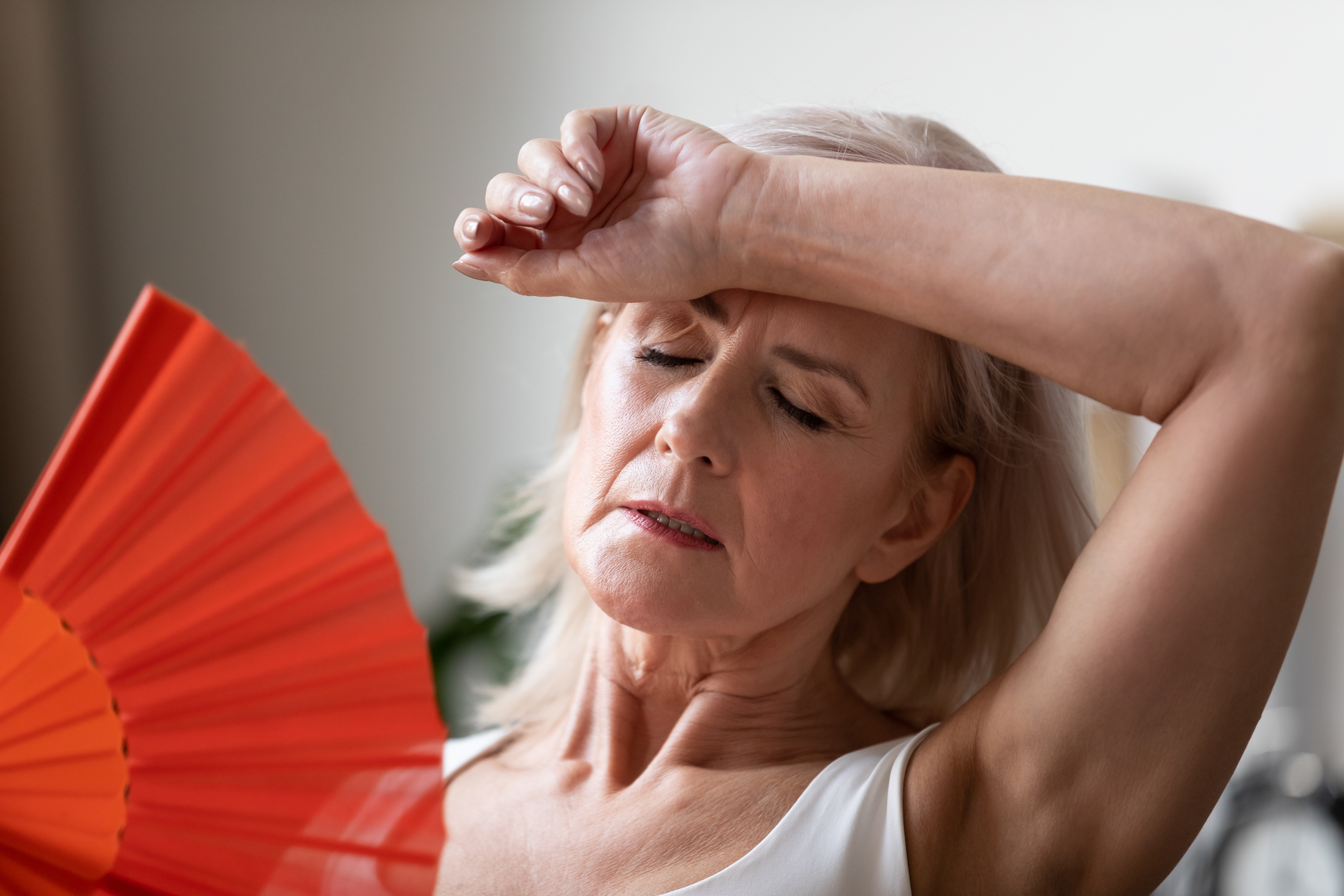Fed up with snow, ice and cold temperatures, many older adults take the opportunity retirement provides to move to a warmer region where they won’t face winter driving hazards and digging out after a heavy snowfall. But as global temperatures warm, popular destinations for seniors are increasingly facing extreme heat – and older adults can be more sensitive to very high temperatures.
Regions of Florida, Southern California, Texas, and many other states in the Lower 48 continue to fall under a “heat dome” this summer. Heat waves have placed nearly a third of the U.S. population under heat advisories or excessive heat watches and warnings, according to The Washington Post. The coming week is expected to bring record-breaking high temperatures in Palmdale, Las Vegas, and Tucson. Environment Canada has also issued heat warnings for parts of Saskatchewan, Alberta and British Columbia.
Elderly adults, who often live with chronic health conditions like heart disease or diabetes, are at particular risk during intense heat. In southern states and provinces that are likely to suffer heat waves, it’s vital that seniors have air conditioning. But during power outages resulting from violent storms, older adults can be in danger from heat-related illness. Those who rely on power for wheelchairs, or other medical devices, can be in risky situations if they don’t have family to stay with, or the funds to book a hotel when power is out at home.
A recent study, published in The Gerontologist, found that extreme heat exposure among Americans over the age of 69 could more than double by 2050. A rapidly growing elderly population, who continue to gravitate to the southern states – the Sun Belt, and rising global temperature are a few of the factors driving this dangerous trend.
Health problems experienced by many seniors can make it harder for the body to cool itself by sweating, and lead to dehydration. Older adults may also lose some of their sense of thirst which can also increase the risk of dehydration. Certain medications, including high blood pressure drugs, some anti-depressants, beta-blockers and antihistamines used to treat allergies can hinder the body’s ability to regulate heat. Seniors stuck indoors during extremely hot weather may also become isolated, and unable to participate in physical and social activities they enjoy.
Heat-seekers can make the most of their surroundings in the summer by planning activities early or later in the day, having a backup plan for power outages, and investing in a reliable air conditioning unit. Stay hydrated, and seek medical attention if you notice persistent signs of heat exhaustion or heat stroke symptoms.






Add Your Voice
0 Comments
Join the Discussion